Two and a half million years ago the Homo habilis, sitting on the wooden log of a tree fallen in the Olduvai gorge, Tanzania, Africa, did not take his eyes off something that with his clumsy hands he was handling.
They were a pair of pebbles and with them, based on trial and error, managed to manufacture the first stone utensil and cross the threshold of the Paleolithic, in route to the fastest and breathtaking physical, mental and cultural evolution ever occurred with no other species in this blue and friendly planet called Earth.
It took barely two and a half million years to make weapons, tools and other objects, as well as beautiful cave paintings and expressive sculptures. Then, sometime later, questions no longer so simple, such as the elaboration of a wheat bread, ten thousand years ago, or artificial intelligence, currently under development, a science that is too complex from every point of view. The time elapsed between both events for other species is not enough to change the colors of hairs or feather, unless the human hand intervenes in it.
Some time ago I wrote, in caricature mode, that we should still consider ourselves in the Neolithic and call ourselves Homo habilis and take away sapiens, in spite of wheat bread and artificial intelligence, until we resolve our coexistence with the environment and guarantee the survival of our species and those of the enormous biodiversity that cohabit with us. Only after we would correspond the title of Homo sapiens.
On the other hand, still in caricature mode, to consider that we are still in the Neolithic period would give us the advantage of a sense of location, especially for the new generations, who will have to face the arduous task of finding the way out of the climate crisis and navigate towards a new bay called future. If that sea will be calm or turbulent we will see it in a few years. Without waiting for it, there are already many young people incorporated into the activism of the Earth. Worth it.
Just as we can intervene from hairs or feather of any color, we have managed to intervene on the planet itself, inaugurating with it the Anthropocene. This concept was introduced by Paul Crutzen, Nobel Prize in chemistry, in 2000, although it was only recently that a group of specialists gave impetus to the new denomination. Although this has not been accepted, it is a good reference to the current stage of the Earth. The scientists agreed that this period has canceled the Holocene, placing as a division between the two in 1950.
The beginning of the Holocene established the end of the Würm glaciation, about twelve thousand years ago. The favorable climate and abundance of resources, together with 60,000 years of challenges and survival training, from which strengthened a few thousand humans, those who could withstand the prolonged cold climate, with some very hostile periods, especially the last fifteen thousand years, the very age of ice. These men and women were the pioneers of a vertiginous expansion of our species on the planet, whose descendants now reach almost 7.5 billion beings.
The Anthropocene, according to the researchers, begins with the discovery of radioactive waste left by atomic bombs. “We have already changed the Earth: the Anthropocene is the moment in which humans manage to change the life cycle of planet, when humans remove planet from its natural variability”, explains Alejandro Cearreta, a Spanish scientist and member of the aforementioned group, constituted by 35 specialists, who after seven years of research agreed to consider the Anthropocene as a new geological epoch within the Quaternary period.
Be finally baptized as Anthropocene or with another name. Whether considered a geological epoch or a cultural period, we are undoubtedly in a new era, different, complex, very complex, increasingly accelerated by technology and science. Maybe the speed does not allow us to stop to look around us.
The Polish philosopher Schopenhauer expressed it in his own way: “Man has made on Earth a hell for animals”, a phrase issued two centuries ago, two hundred years in which nothing we have done about it but quite the opposite.
While we do not stop contaminating the waters, the soils and the airs of Earth; while we do not stop the killing of elephants to elaborate “with our clumsy hands” objects of ivory; while we continue killing rhinos to strip them of their horns for supposed medicinal uses, just like shark fins; while we allow the extinction of species; while we continue tearing up millions of trees from the jungles to make furniture, houses or sheets of paper with their wood; as long as we do not stop bombing the atmosphere with greenhouse gases, we cannot assume that we are sapiens.
These activities, without a doubt, are the Anthropocene’s footprints on Earth. If we do not eradicate them, they will become indelible and against ourselves. We are the last homos of several dozen branches that preceded us. They all became extinct. The last one was Homo Neanderthalensis. Neither do we have a guarantee of survival. If we fail, then we really deserve the name of Homo habilis. But let’s bet that this does not happen. We are well equipped to arrange the planet and we are many who are enthusiastic to carry it out.
Sandor Alejandro Gerendas-Kiss

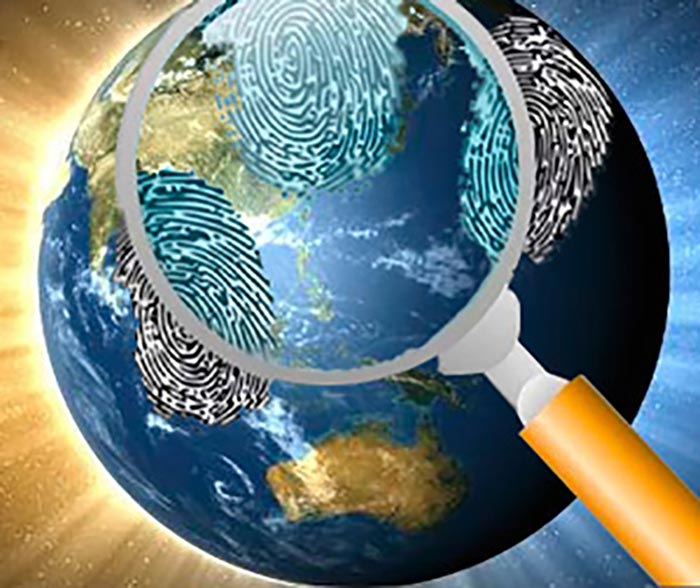
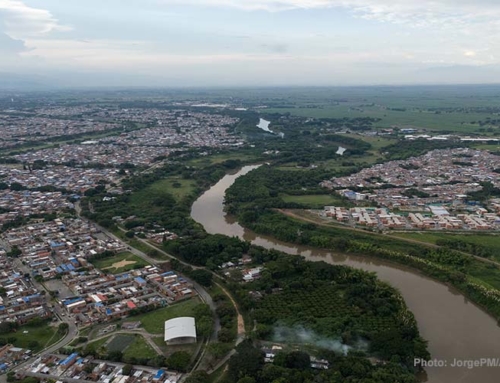
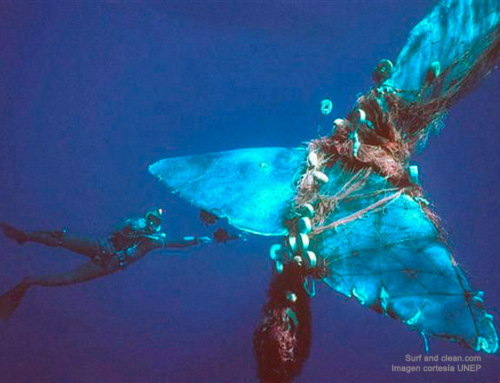
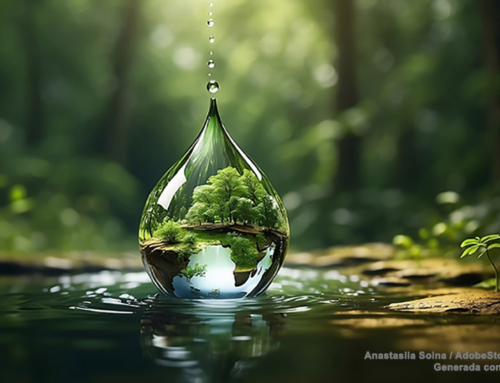
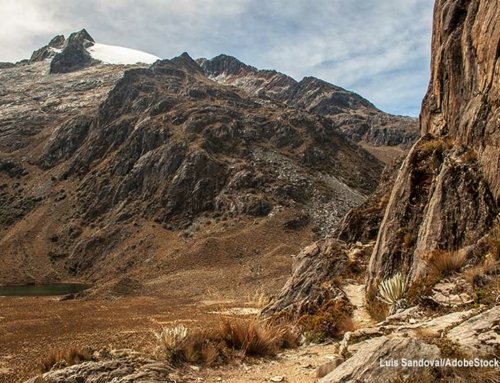

Leave A Comment